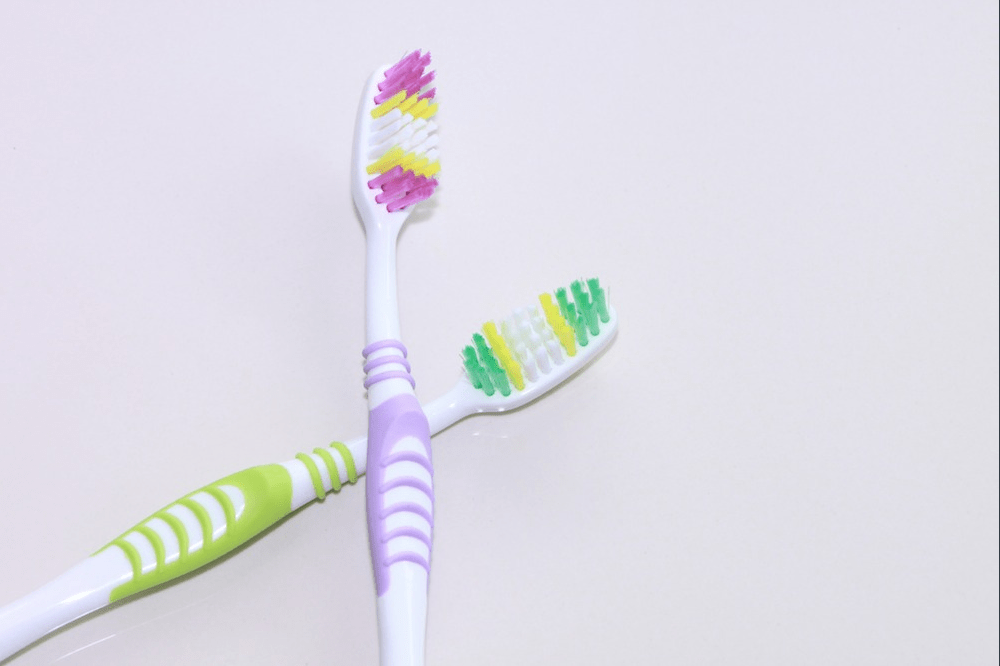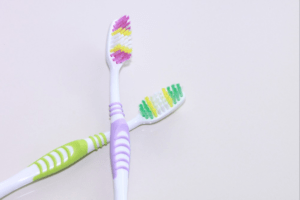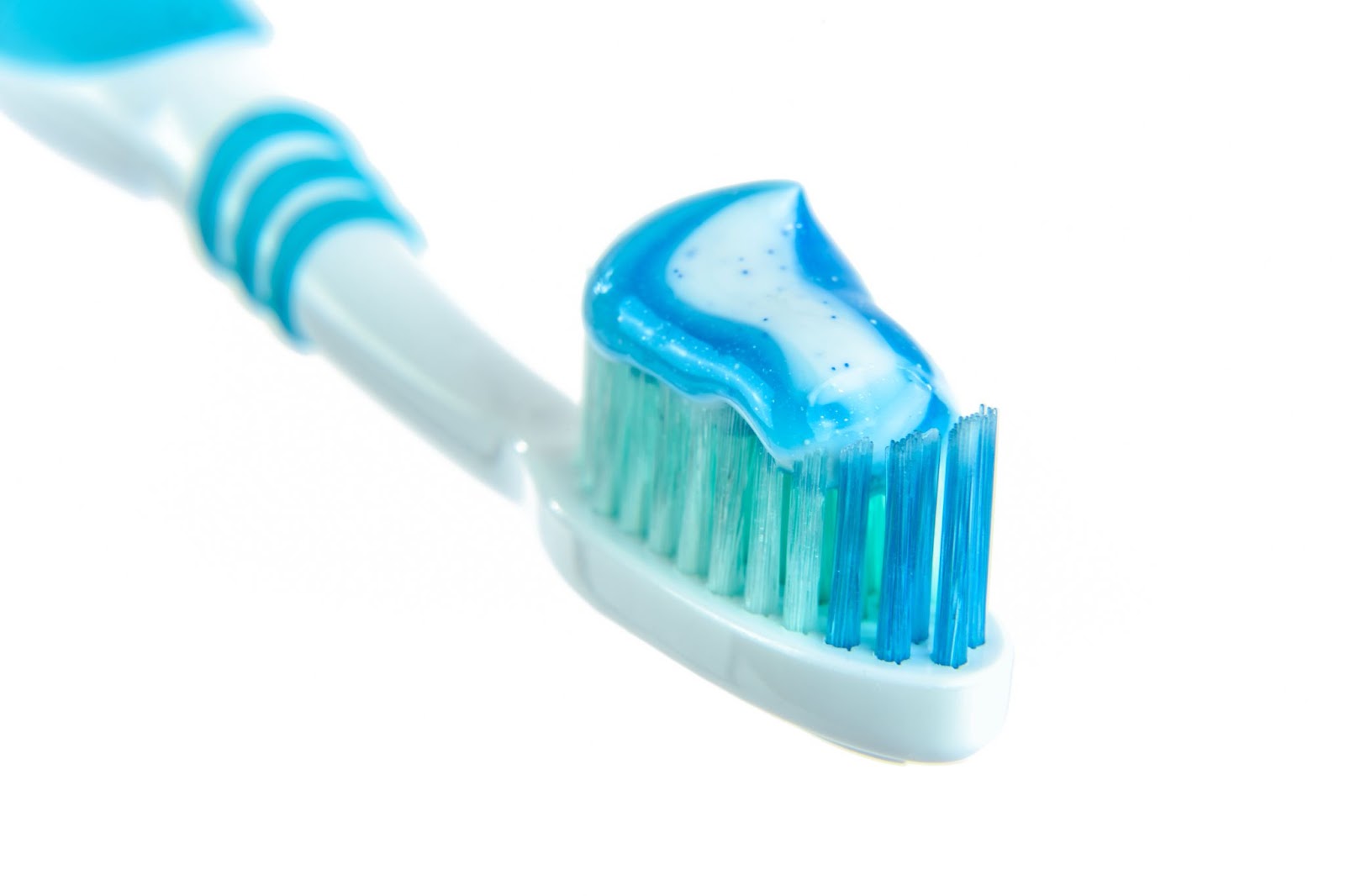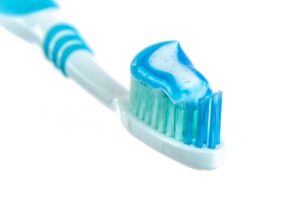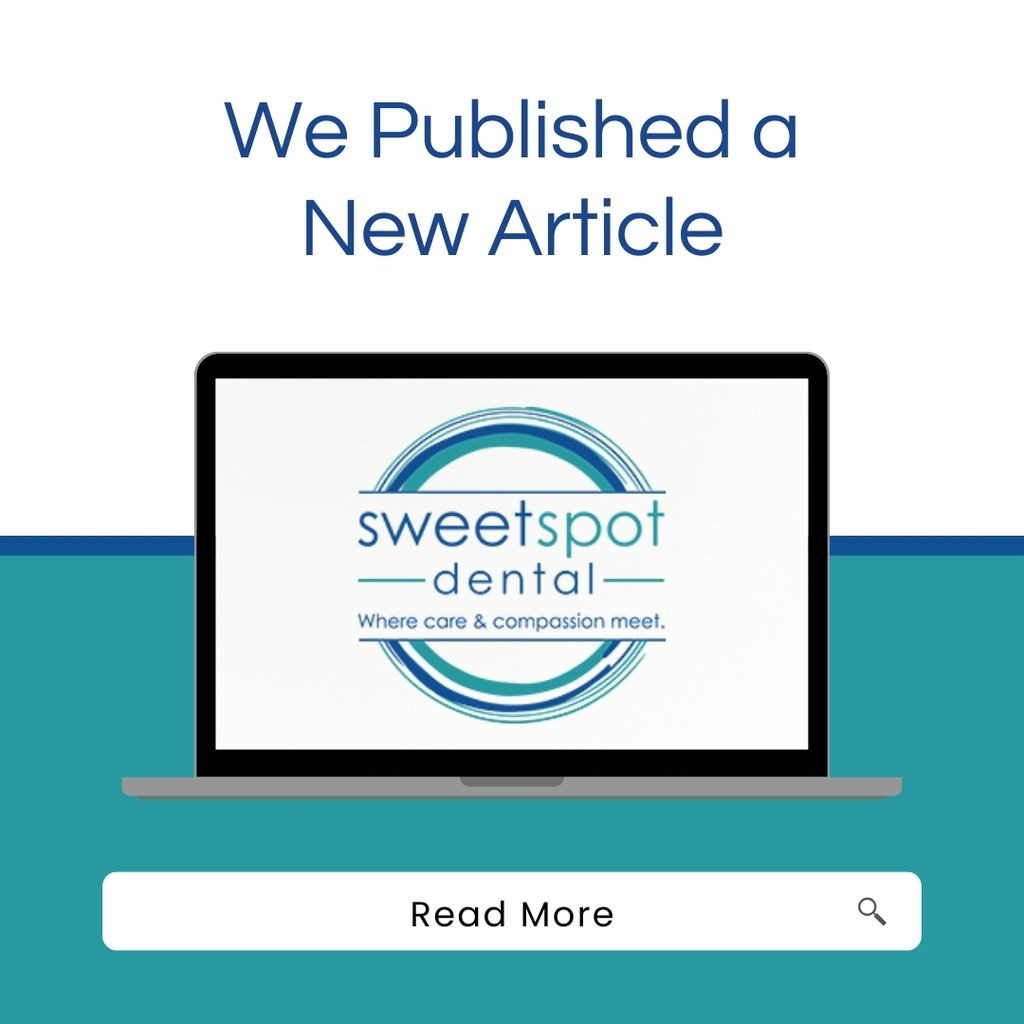
Sniffling, sneezing, and coughing. Being sick can make it more difficult to keep up with your daily routine. Don’t let your cold or flu become an excuse for overlooking your oral hygiene. In fact, when you’re sick it is essential that you continue to stick to your regular brushing and flossing routine. Here are a few tips to keep you on track and on your way to getting better.
Brush After Each Meal
When you’re sick, try maintaining a schedule of brushing your teeth shortly after each meal. Your mouth can be a prime location where bacteria breed. Being extra vigilant in your brushing routine is an excellent way to minimize the multiplication of germs and bacteria.
Be Selective with Cough Drops and Lozenges
Numerous brands of cough drops and throat lozenges contain sugar. In fact, many cough drops or lozenges are similar to candy. Candy, particularly sucking candy that lasts in your mouth for an extended period of time, can lead to tooth decay. Bacteria in your mouth feeds off sugar to create acids that damage your teeth. Consider looking for drops and lozenges that are sugar free, or those that do not include corn syrup and fructose.
Rinse Carefully
If you are vomiting, keeping your mouth clean is important. Stomach acids can damage your teeth. However, brushing right away will just cause you to rub the acids all over your teeth. Instead, rinse your mouth out with water or mouthwash and wait at least 20 minutes before reaching for the toothbrush.
Drink Plenty of Water
Staying hydrated is one of the keys to recovery. Drinking water is also an effective way to prevent dry mouth. Dry mouth can lead to decay and bad breath. Some medications you might be taking to relieve your cold or flu symptoms might dry out your mouth, so be sure to continue to drink water throughout the day.
Replace Your Brush
Once you have recovered from your illness, consider replacing your toothbrush. While it isn’t likely that you would cause yourself to get sick again, you may wish to err on the side of caution. The American Dental Association recommends that you regularly replace your toothbrush every three to four months.
When you are sick, make it a point to keep up with your oral health. Your medications or over-the-counter remedies can have an impact on your oral health. Watch out for sugar content in cough drops and throat lozenges, and stay hydrated with water to avoid dry mouth. Keeping your mouth healthy is the first step to keeping your entire body healthy.
For more oral health tips or to schedule a visit to our office, please contact Sweet Spot Dental.






